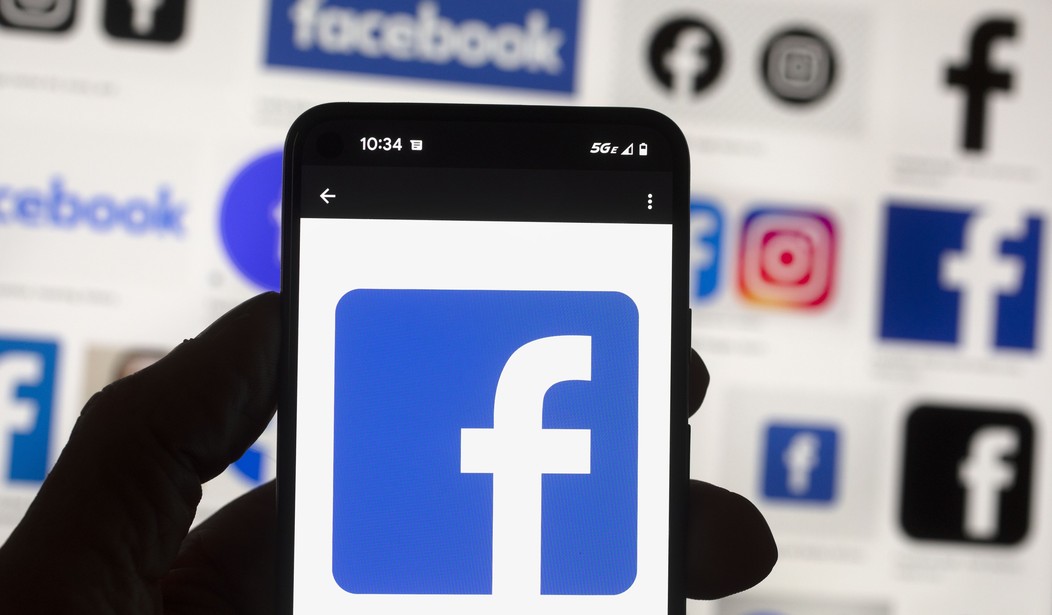May is Mental Health Awareness month. But given what we now know about adolescent mental health, maybe we should also be thinking of it as Social Media Awareness month.
Children and teens in America today are reporting unprecedented struggles with anxiety, depression, suicidal ideation – and this mental health crisis corresponds with widespread adoption of social media and smartphones among young people.
To say that this is concerning is an understatement.
If you go anywhere in public, you’ll quickly see teens on screens. Research backs this up. According to a 2022 Pew Research Center survey of American teenagers ages 13-17, 97% say they use the internet daily; and nearly half say they use the internet “almost constantly.” The average American teen spends nearly 5 hours a day on social media. The impact of social media on a generation of young people has been devastating. Social media use is associated with depression, anxiety, and feelings of isolation, particularly among heavy users. A 2019 study found that teenagers who use social media for more than 3 hours a day were more likely to experience mental health problems such as depression, anxiety, aggression, and antisocial behavior.
Girls, in particular, are adversely affected by social media. Self-harm among girls has gone up nearly 200%. According to Jean Twenge, a psychology professor at San Diego State University and author of iGen, “There is a substantial link to depression, and that link tends to be stronger among girls… The more time the teen, particularly a teen girl, spends using social media, the more likely it is that she will be depressed.”
Recommended
Depression among teenagers in general has increased 150%. The suicide rate among people aged 10–24 remained stable from 2001 through 2007 and then increased 62% from 2007 – around the time social media and smartphones took-off -- through 2021, according to the National Center for Health Statistics (NCHS). For youths aged 15–19, again suicide rates did not change significantly from 2001 through 2009, then increased 57% from 2009 through 2017 (from 7.5 deaths per 100,000 to 11.8).
Social media algorithms are designed to keep people locked on the site or platform by tracking what kind of content the user engages with and feeding the user more of that content. These algorithms make social media addictive – and dangerous – especially for young people.
One expert said social media companies “build features into their apps that manipulate our brain chemistry. These tricks are borrowed straight from casinos and slot machines, which are widely considered to be some of the most addictive machines ever invented.”
Years of Congressional testimony proves these tech companies knew the harm – or potential harm – they were unleashing on millions of naïve, impressionable, credulous and manipulable young people.
Meta’s own internal investigation revealed, “We make body image issues worse for 1 in 3 teen girls” and, “Teens blame Instagram for increases in the rate of anxiety and depression.” And again, according to Meta’s own internal research, 6% of American users and 13% of British users traced the desire to kill themselves to Instagram.
Newspaper headlines sharing the tragic accounts of young lives cut short are piling up: a high school athlete who ended his life after falling victim to a sextortion scheme on Instagram and seeing no way out; another teenaged boy who killed himself after receiving more than 1,000 unsolicited videos of violence and suicide on his curated “For You” page on TikTok.
TikTok is also being sued for wrongful death after two girls died allegedly trying to participate in one TikTok fad: The choking game. The lawsuit alleges that the girls, ages 8 and 9, were fed videos of the challenge by the app’s algorithm – a claim that seems to be corroborated by a Wall Street Journal investigation which found that regardless of the age set in the user profile, TikTok algorithms fed increasingly inappropriate content to users.
So, what needs to be done? What can be done? Our children are literally dying because of the harmful influences they are consuming on screens that is being marketed to them by entertainment and technology companies.
To start, we need Congress and other government entities to hold entertainment and tech companies to account by supporting solutions like the Kids Online Safety Act (KOSA) and the Children and Teens’ Online Privacy Protection Act (COPPA 2.0). And the tech industry must also take responsibility for the health and well-being of its youngest users.
But it’s also time for parents, teachers, coaches, and schools to get on the same page.
Many parents are reluctant to get their kids smartphones or allow access to social media but feel helpless against a tsunamic wave of social forces – including from their child’s own school and after-school activities – pressuring them to give their child smartphones so they can participate in group chats, to be tagged in posts and photos, even to use the bathroom during school!
Florida recently took the step of helping parents by prohibiting minors under age 14 from creating or operating social media accounts due to screen addiction and harmful content concerns. This cannot be the only solution. Our culture must recognize the harms happening to our children right now due to access to social media, and work to limit or even prohibit screen time. It’s time to restore our children’s mental health.
Melissa Henson is the vice president of the Parents Television and Media Council, a nonpartisan education organization advocating responsible entertainment. On X: @ThePTC

























Join the conversation as a VIP Member